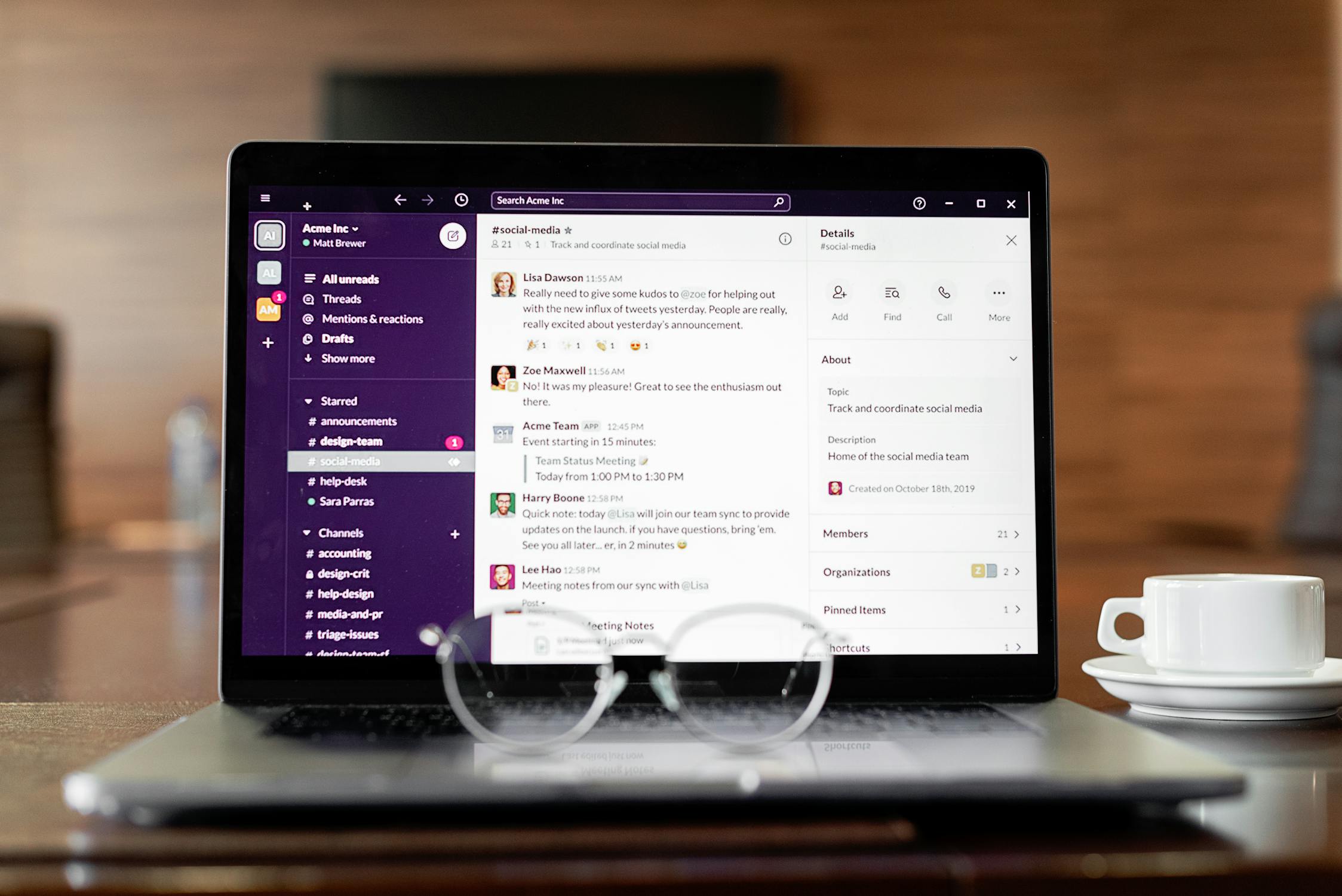The 5 Best Tech Skills Needed for Remote Jobs
The Neccessary Tech Skills for Remote Employment
As the landscape of work undergoes a profound transformation towards remote settings, the question of what technical skills are essential for success in this new environment becomes increasingly relevant. The shift to remote work, accelerated by recent global events, has not only opened up a world of opportunities for professionals across the globe but has also intensified the competition for these roles. Understanding and mastering certain tech skills can significantly enhance your prospects in the remote job market.
From fundamental digital communication tools to advanced technical proficiencies, equipping yourself with these skills is paramount for anyone looking to navigate the remote work landscape effectively and stand out in a crowded field of candidates.

The 5 Best Tech Skills for Remote Work
As we delve into the essential tech skills for thriving in remote roles, it's clear that the requirements extend beyond the basics of performing job-specific tasks. The digital nature of remote work demands a set of skills that facilitate effective communication, collaboration, and self-management across virtual environments. These skills, which we'll explore in this guide, are pivotal not just for meeting your day-to-day responsibilities but also for enhancing your visibility and efficiency in a remote setting.
Whether you're in tech, marketing, design, or any other field, possessing these competencies in conjunction with your specialized expertise can dramatically elevate your appeal to potential employers. By equipping yourself with these critical tech skills, you're not just preparing to land a remote job; you're setting yourself up to excel in it. If you are new to remote work and have no experience be sure to check out our guide: How to Get a Remote Job Without any Work Experience or Degree?.
1. Troubleshooting
The ability to troubleshoot and resolve technical issues independently is a hallmark of a proficient remote worker. In a remote environment, where immediate IT support might not be readily available, being able to identify, diagnose, and rectify common technical problems can significantly minimize downtime and maintain productivity.
This skill extends beyond just Googling solutions; it encompasses a deep understanding of your work ecosystem, from software applications to hardware configurations. Developing troubleshooting skills means you're not just reactive to issues but proactive in preventing them, thereby ensuring that work flows smoothly and efficiently. It's about fostering a mindset geared towards resilience and self-sufficiency, qualities that are highly valued in the remote work landscape.
2. Project Management
The absence of physical cues and face-to-face check-ins makes digital organization and project management tools indispensable. These platforms are the virtual equivalents of office walls dotted with Post-Its and whiteboards filled with task lists. They're not just about keeping track of deadlines and assignments; they're central to maintaining communication, collaboration, and transparency within distributed teams. Becoming adept at using such tools is more than a convenience—it's a critical skill that signals to employers your capability to navigate the remote work environment effectively.
Proficiency in these tools ensures you're prepared to handle the intricacies of remote projects, from initial planning stages to final execution, making you a valuable asset to any remote team.

3. Remote Collaboration
Mastering remote collaboration is more than just learning to navigate various communication platforms; it's about cultivating an ability to connect, share, and innovate with teammates across the digital divide.
In the absence of a physical office, your prowess in using tools like video conferencing, chat applications, and project management software becomes crucial. It's not just about the technical know-how of sending a message or starting a video call but about how you engage—presenting ideas, soliciting feedback, and contributing to discussions in a way that is constructive and respectful.
Effective remote collaboration requires a nuanced understanding of digital etiquette, ensuring that every interaction fosters a sense of inclusion and belonging, despite geographical distances. By enhancing your virtual collaboration skills, you not only become a more effective communicator but also a key player in driving your team towards shared goals and successes.
4. Remote Communication
Building on the cornerstone of remote collaboration, remote communication is an indispensable tech skill in the arsenal of any remote worker. This skill transcends mere proficiency in digital tools; it's about crafting messages that bridge the gap between diverse teams spread across the globe. Embracing asynchronous communication is pivotal in a remote setting, allowing for flexibility and ensuring that work progresses smoothly despite differing schedules.
It demands clarity and precision in every email, message, or update shared, ensuring that each piece of communication is self-sufficient, reducing back-and-forth and enhancing productivity. Mastering the art of remote communication not only facilitates project flow but also nurtures a culture of respect and understanding within distributed teams. By refining this skill, you ensure that distance becomes a mere detail, not a barrier, in achieving collective goals and maintaining project momentum. To be sure you use these tips to improve remote communication so you can have this skill mastered!

5. Video Conferencing
Video conferencing has become the lifeline of remote work, offering a digital substitute for the invaluable face-to-face interactions that bind teams together. This technology is not just a tool for communication; it's a platform for collaboration, inspiration, and alignment across distances. Being adept at using video conferencing software is more than technical readiness; it's about being virtually present and engaged, capable of conveying your ideas clearly and confidently on screen. Ensuring you have a stable internet connection, clear audio, and video quality goes a long way in facilitating smooth meetings.
Beyond the basics, familiarizing yourself with the features of your chosen platform can enhance your participation and leadership in these virtual spaces. As remote work continues to evolve, mastering video conferencing is key to maintaining connectivity, fostering team unity, and demonstrating your professionalism in the digital workplace.
If you haven't already mastered virtual interviews be sure to do so as that will also improve your video conferencing skills.
Feeling Ready to Apply Your Remote Skills Yet?
With the tech skills for remote work under your belt, you're poised to stand out in the virtual job market. If you're still polishing your skills, remember, many tools offer resources to get you up to speed. Once you're confident, head over to Work Remote Now! to find a job that matches your newfound expertise.
This is your moment to shine in the remote workforce, equipped with the skills that today's employers are eagerly seeking. Let's take that next step forward, and find the remote role you've been aiming for on Work Remote Now! Be sure to subscribe to our newsletter below to stay updated on the latests remote jobs and to win prizes!

